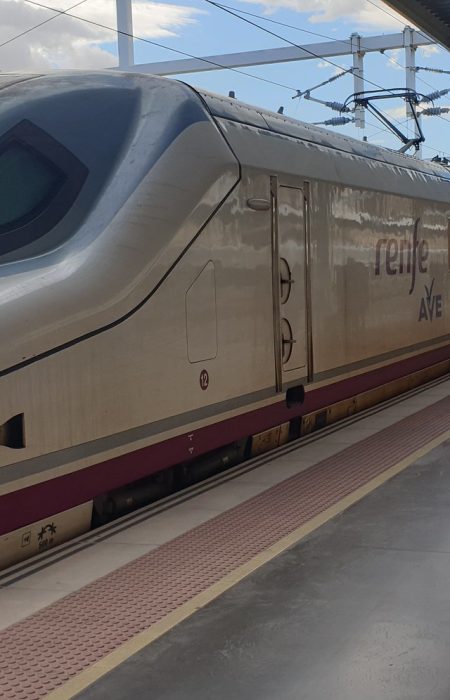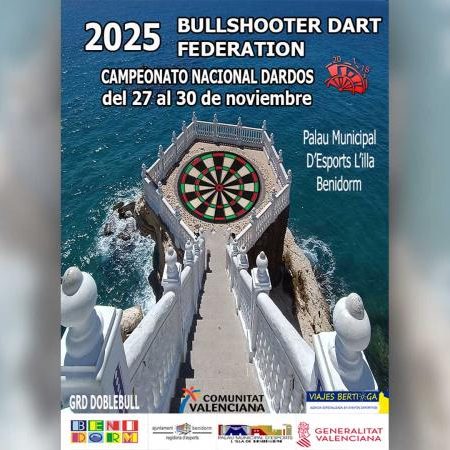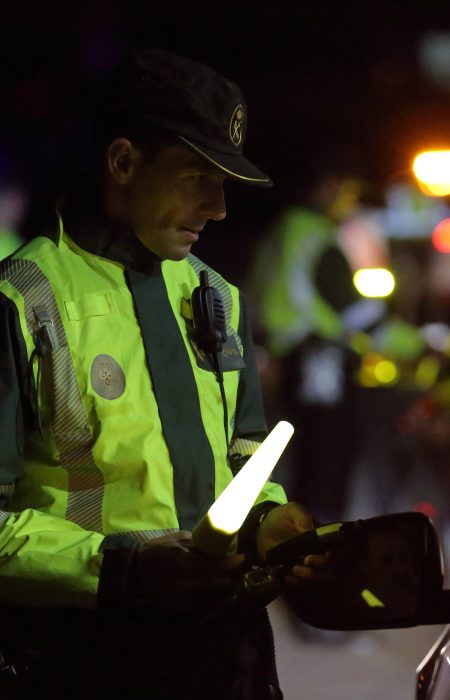More than 80 officers from the Civil Guard’s Maritime Service and the Spanish Navy (Seprona) took part in the national course “Training in the Knowledge and Identification of Vulnerable Marine Species and Species of Fishing Interest Subject to Violations,” which was organised by the University of Alicante’s CIMAR (Cimar).
Three months of specialised training on marine biodiversity
The three-month course, which ran from April to June 2025, contained both online theoretical sessions and in-person practical modules at several fish markets across the country. The training focused on identifying protected marine species and species of fishing interest, with the goal of strengthening monitoring and enforcement of marine conservation rules.
Training sessions for the Levantine-Balearic Islands delineation took place at the CIMAR (Commercial Market of the Balearic Islands) in Santa Pola as well as the local fish market. Officers in the Canary Islands, South Atlantic, and Alboran Strait sectors received training in Cádiz and Sanlúcar de Barrameda. Training for the North Atlantic demarcation took place at the A Coruña fish market.
Academic and institutional coordination
The course was led by UA academics Francisca Giménez Casalduero, director of CIMAR, and Alfonso A. Ramos Esplá, professor emeritus in the Department of Marine Sciences and Applied Biology. Participants included technicians and lecturers from Alicante, the Autonomous University of Madrid, Las Palmas de Gran Canaria, and Vigo.
The training is part of a programme run by the Ministry for Ecological Transition and the Demographic Challenge (MITECO) to help public administrations better manage the marine Natura 2000 network. The Biodiversity Foundation funded the training as part of the Recovery, Transformation, and Resilience Plan (PRTR), with additional assistance from the European Union’s NextGenerationEU funds.
Resources for Sustainable Ocean Management
As a result of the course, the CIMAR team is creating training materials to assist governments in better identifying infractions connected to marine life conservation. These resources will also help ensure the long-term management of the Natura 2000 Network sites.









No Comment! Be the first one.